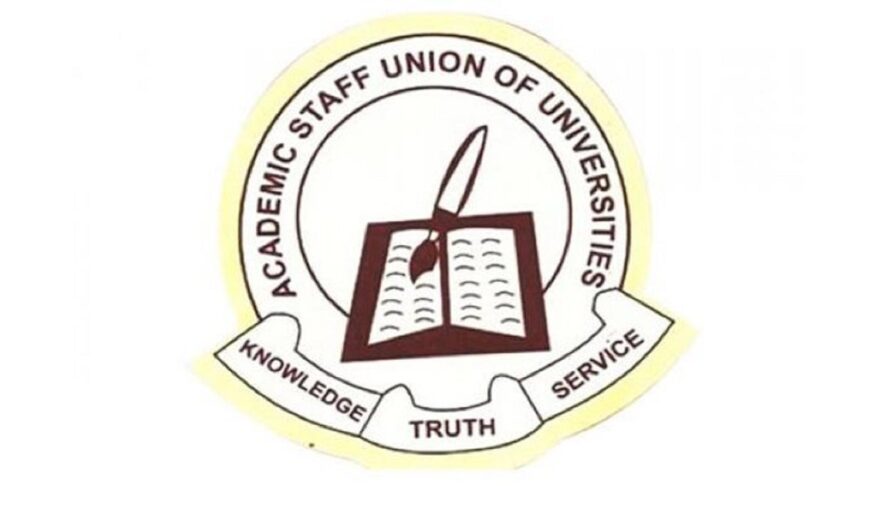
Striking Academic Staff Union of Universities (ASUU) has implored students to understand that its strike was caused and sustained by imposition of the new stipend regime by the federal government on lecturers.
JOIN US FOR MORE ON:
or
or Follow us on WhatsApp Channel
The Yola Zonal chapter of the union which comprises members from Adamawa, Taraba, Yobe and Borno States and which articulated its response to its ongoing strike during a press briefing in the Adamawa State capital on Monday, similarly condemned the federal government for enabling hikes in petrol price and electricity tariff.
“The coercion of our members into IPPIS (Intergrated Payroll and Personal Information System) with no recourse to peculiarities of the Nigerian university system, university autonomy as well as attrition of the previous agreements between FGN and ASUU culminated into the present crisis,” the Yola Zonal Coordinator of ASUU, Comrade Augustine Ndaghu said at the press briefing in Yola.
He announced the imposition of IPPIS on ASUU members had resulted in mutilation or outright non-payment of members’ salaries since February 2020, and that the problems that payment of salaries through IPPIS had caused justified ASUU’s preference for the alternative platform – University Transparency and Accountability Solution (UTAS).
He implored the government to delay no further in adopting UTAS and assured students that ASUU’s strike is meant to make the government not only to see the point of ASUU against IPPIS but other issues affecting universities.
The zonal ASUU coordinator said if government had implemented past agreements with ASUU, universities would today be able to prove their worth, including contributing to the fight against COVID-19.
He added that COVID-19 had exposed the inadequacies of Nigerian universities, as they have been seen to have no facilities for COVID-19 testing and research because many years of neglect of universities has resulted in lack of equipped testing and diagnostic and research laboratories.
“If government had faithfully implemented the 2012 NEEDS Assessment report which identified the intensity of the rot in the Nigerian public universities, by now the universities would have been more involved in COVID-19 testing and developing solutions,” he said.
The Zonal ASUU coordinator, faulting federal government’s response to the effect of COVID-19 on the people, charged that while other countries are looking for ways to ease life for citizens, the Nigerian government is encouraging policies that make life harder to bear.
He expressed the anger that Nigerians “are meted with high tax burden, increased electricity tariff and pump price of petroleum product,” and concluded that Nigerians deserve better treatment.
